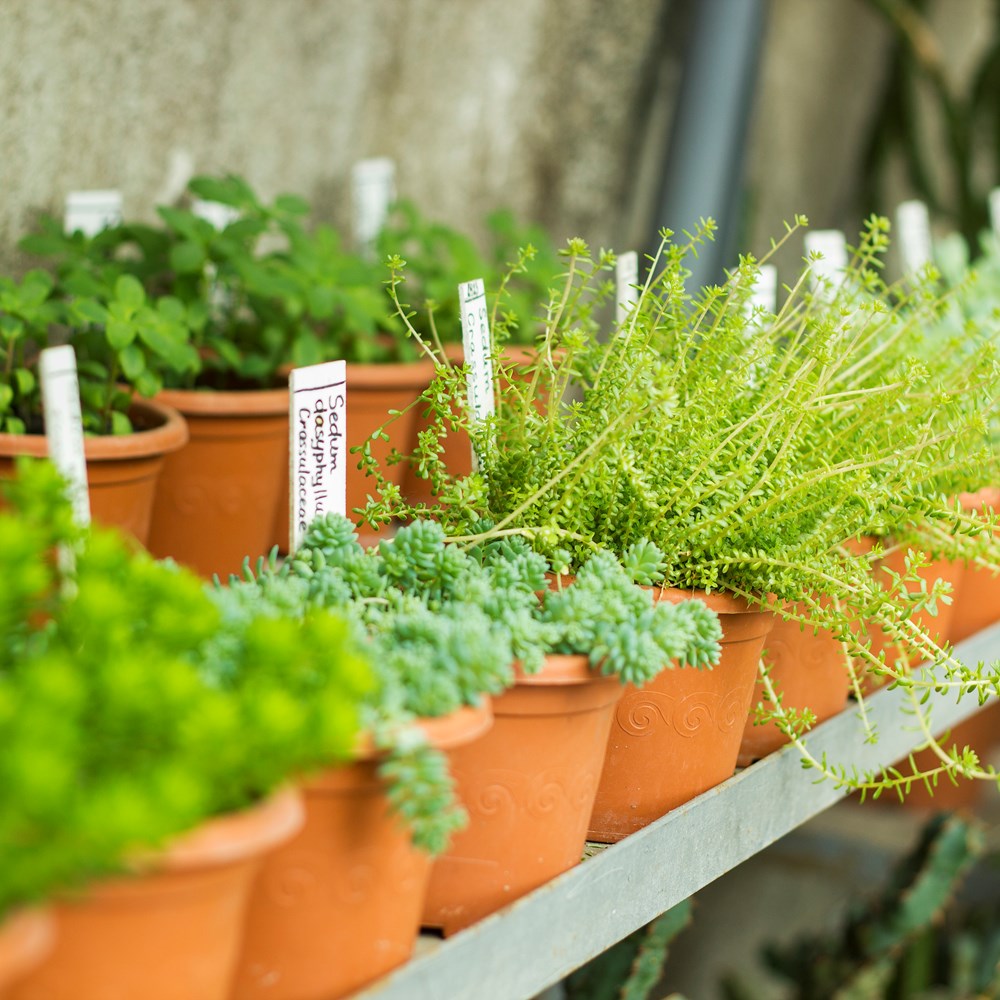
This course will equip you with a practical understanding of the factors, both biotic and abiotic which affect plant health and underpin the skills required to evaluate plant health control measures and provide you with the knowledge to design integrated control strategies.
It will focus on understanding the major factors which impact on plant health and the distinct approaches needed to meet the challenge of controlling them in an integrated and sustainable manner.
Who the course is for:
This course is for those working or wish to further develop a career in plant science and also in government agencies. Whether you are looking to widen your knowledge base and develop new skills or just further expand an existing skill set, this course with its balance of learning and skill development will allow you develop a career or bring new capacity to the organisations with which you work.
Entry requirements:
There are no formal entry requirements, but applicants are advised that this course will be delivered at SCQF Level 11, which is equivalent to a postgraduate MSc degree. If you do not have a Bachelors degree or equivalent level qualification, you may find the postgraduate level assessment challenging.
You will require access to a computer or laptop, internet connectivity and a webcam.
Course dates:
This course is self-paced and will be launched in October 2025. It can be started at any point in the year excepting July and August. It normally takes 12 weeks to complete.
Delivery:
Online distance learning
Qualification:
This is a stand-alone micro-credential (accredited short course) at postgraduate level 11. Upon completion of this course, you will gain 20 SCQF credits (equivalent to one-third of a Postgraduate Certificate) and a certificate to prove you have passed the course.
Cost:
£1,200.00
Learn more about this course:
Other relevant micro-credentials:

Biology and Response of Plants in a Changing Environment
Gain insights into both the impacts of changing climate on plant biology and growth together with the critical role plants have in mitigating climate change.

Phytotechnologies: Plant-based technologies for environmental management
Discover the innovative use of plants for environmental management.

Soil-Plant Root Interactions in a Changing Environment
Explore plant root-strategies that have evolved to make the most of soil resources and explore if agriculture can utilise these traits for more resilient and efficient farming.
Other ways to study at SRUC:

Training courses
SRUC's training service offers a wide range of training and skills development courses to meet the needs of the land-based workforce across Scotland and the rest of the UK.

Apprenticeships
Skills Development Scotland Modern Apprenticeship (MA) programmes offer individuals and employers a package of vocational training designed to meet the demands of today’s land-based industries as well as nationally recognised qualifications. Our apprenticeship programmes allow learners to enhance their knowledge and skills whilst being in paid employment, with learning and assessment being tailored to each programme and the needs of both the employer and employee.

Part time study
Whether you have family commitments, a day job or just prefer to take things slow, education and training at SRUC is as flexible and diverse as our students.




